Avoid caffeine, alcohol, nicotine and other chemicals that interfere with sleep
As any coffee lover knows, caffeine is a stimulant that can keep you awake. So avoid caffeine (found in coffee, tea, chocolate, cola, and some pain relievers) for four to six hours before bedtime. Similarly, smokers should refrain from using tobacco products too close to bedtime.
Although alcohol may help bring on sleep, after a few hours it acts as a stimulant, increasing the number of awakenings and generally decreasing the quality of sleep later in the night. It is therefore best to limit alcohol consumption to one to two drinks per day, or less, and to avoid drinking within three hours of bedtime.

Block out light to improve sleep quality
We all have a clock known as the circadian rhythm built in. It tells us that when it's light we should be awake, and when it's dark we should be heading off to bed. In the evening when it's dark, your brain triggers the release of melatonin; a hormone that naturally makes you feel sleepy. In order to keep your melatonin levels in check and help your body protect its natural circadian rhythm, try and avoid bright light an hour before bed. A couple of easy changes you can make to block out light in the evening and improve sleep quality is turning off ceiling lights, avoiding TV in bed, and setting your handheld devices to nighttime mode if you use them after dark.
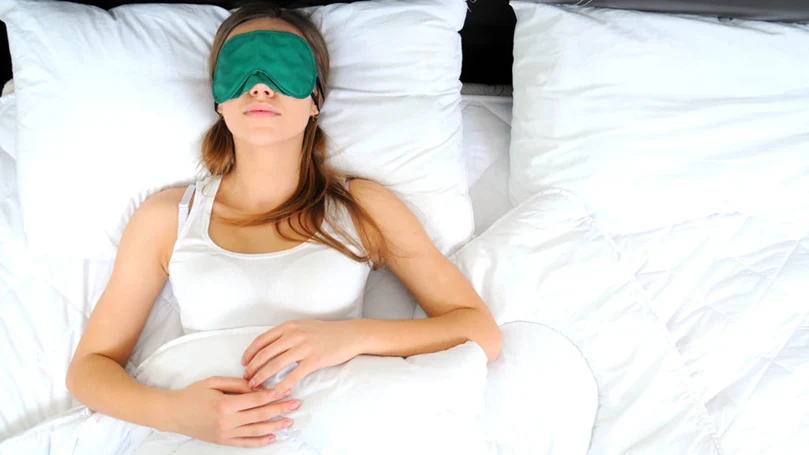
Establishing a soothing pre-sleep routine
Ease the transition from wake time to sleep time with a period of relaxing activities an hour or so before bed. Take a bath (the rise, and then fall in body temperature promotes drowsiness), read a book, watch television, or practice relaxation exercises. Avoid stressful, stimulating activities—doing work, discussing emotional issues. Physically and psychologically stressful activities can cause the body to secrete the stress hormone cortisol, which is associated with increasing alertness. If you tend to take your problems to bed, try writing them down—and then putting them aside.
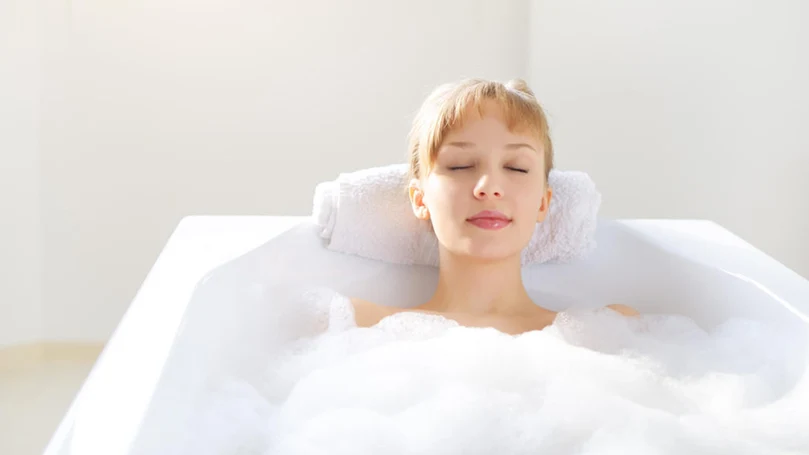
Avoid afternoon naps
Naps during the day can sometimes be counterproductive as they risk disrupting your nighttime sleep schedule, especially if you nap during the afternoon and find yourself having trouble falling asleep when it’s time for bed. If you absolutely need a nap during the day, use a nap tracker to make sure you do not oversleep. 20 minutes is the perfect power nap, where you do not enter deep sleep but wake up while you are still in light sleep.
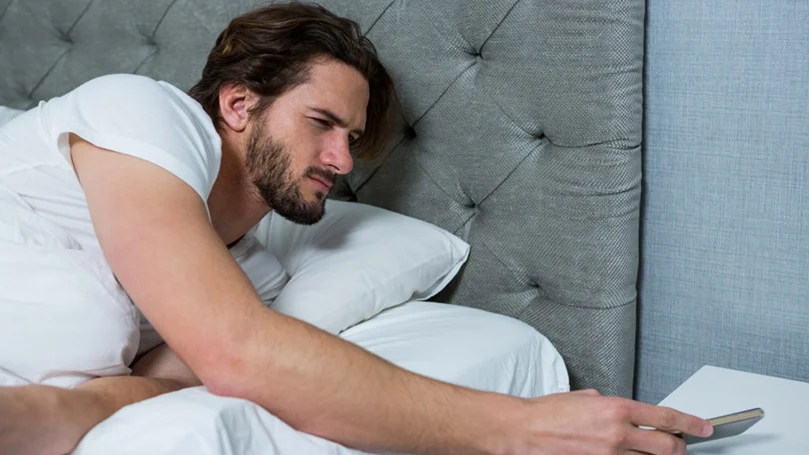
Go to sleep when you're truly tired
Struggling to fall asleep just leads to frustration. If you’re not asleep after 20 minutes, get out of bed, go to another room, and do something relaxing, like reading or listening to music until you are tired enough to sleep.
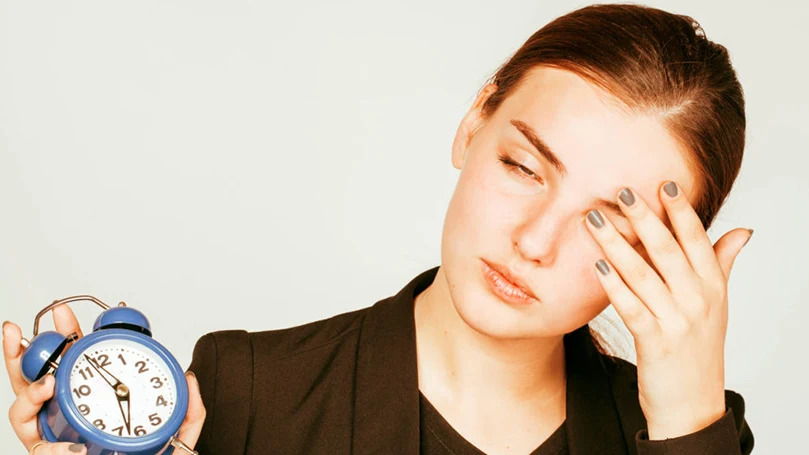
Eat lightly
The idea of falling into a tryptophan coma after a big Thanksgiving turkey dinner is a cultural touchstone, but in reality, a heavy meal just before bed isn’t good for your sleep—or your health. Tryptophan is a building block of the sleep-related chemical serotonin, but the studies are conflicting as to whether the amount you get in food is enough to have any effect on sleep. What’s much more convincing is what we know about when, what, and how much to eat. Eat lightly, if at all, before bed, and avoid foods that might cause stomach trouble—like anything that’s spicy, fatty, or fried.

Exercise early
Exercise can help you fall asleep faster and sleep more soundly—as long as it’s done at the right time. Working out stimulates the body to secrete the stress hormone cortisol, which helps activate the alerting mechanism in the brain. This is fine unless you’re trying to fall asleep. Try to finish exercising at least three hours before bed or work out earlier in the day.
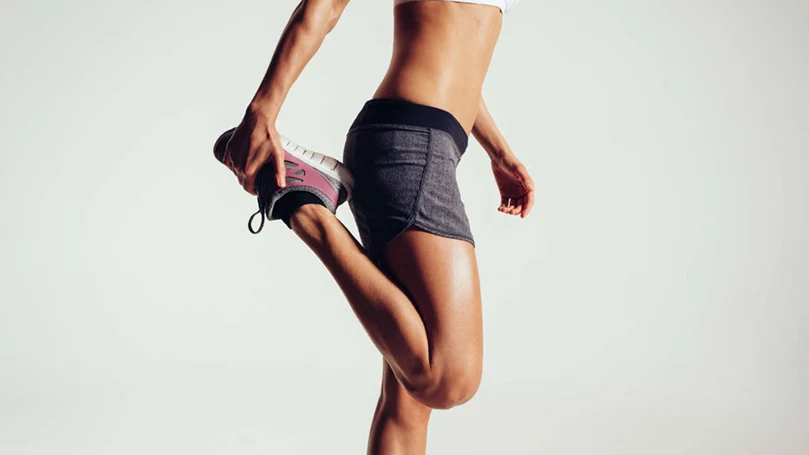
Establish a rhythm
Along with establishing regular, consistent bedtimes and wake-up times, set up a soothing bedtime ritual. If you’ve ever put a baby to sleep, you know how important these routines are in settling a wakeful brain into sleep mode. It works the same way for adults. Plan a relaxing routine for the 30-60 minutes before bed to improve sleep quality. This won’t be the same for everyone, of course. For one person, it might be 15 minutes of meditation followed by a cup of chamomile tea. Someone else might like a warm bubble bath accompanied by calming music.
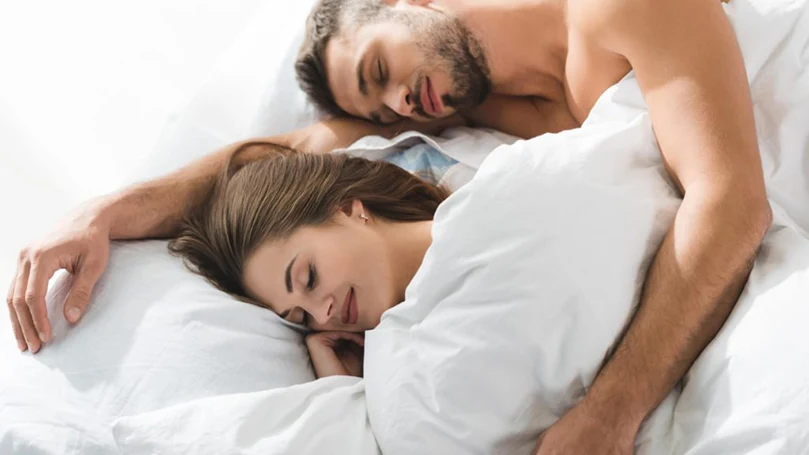
Follow through
Some of these tips will be easier to include in your daily and nightly routine than others. However, if you stick with them, your chances of achieving better sleep quality will improve. That said, not all sleep problems are so easily treated and could signify the presence of a sleep disorder such as apnea, restless legs syndrome, narcolepsy, or another clinical sleep problem. If your sleep difficulties don’t improve through good sleep hygiene, you may want to consult your physician or a sleep specialist.
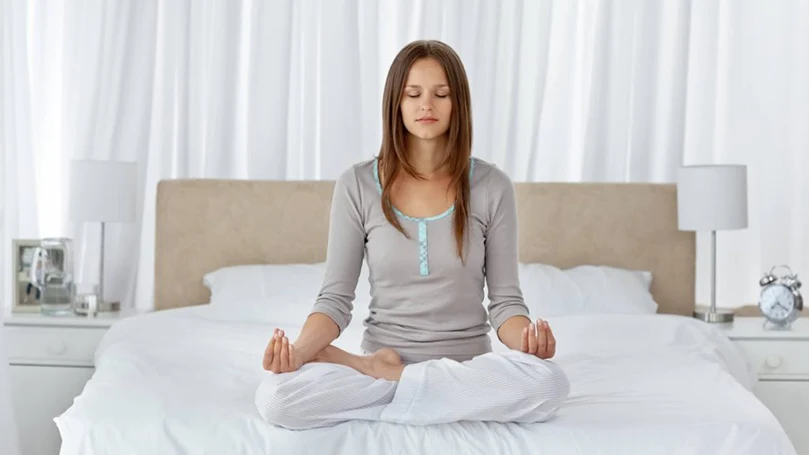
Conclusion
For the sake of rest and rejuvenation, sleep quality is even more important than sleep duration. The good thing is, we can do a lot to actually improve sleep quality. There are proven sleeping methods you can use to make yourself sleep better, starting from cutting the caffeine, alcohol and nicotine, to exercise and blocking light. These methods are pretty convenient and don’t take a lot of effort, and they could make your sleep way better.

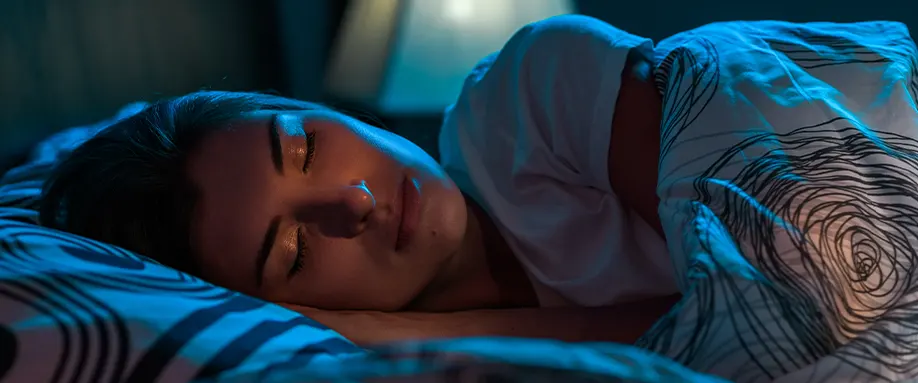
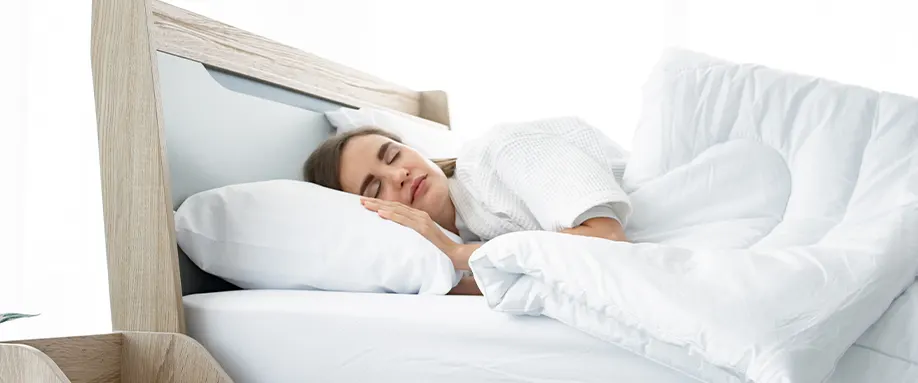














There are no comments yet
"*" indicates required fields